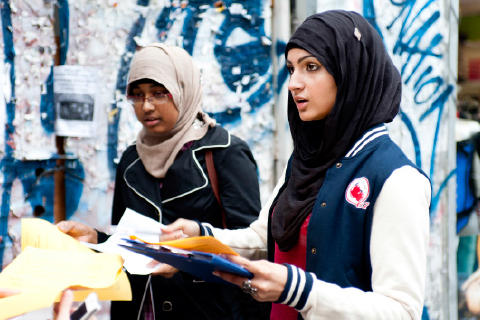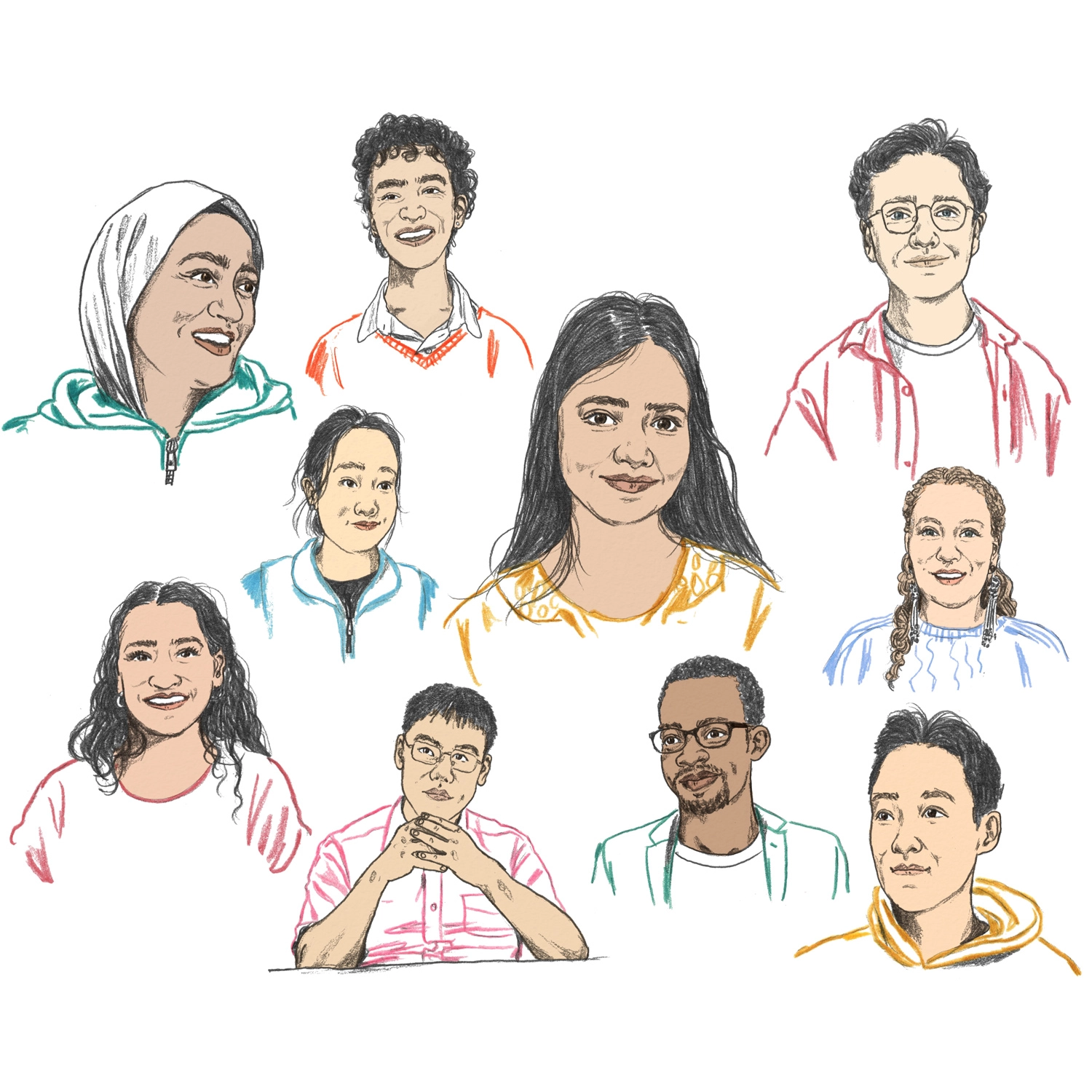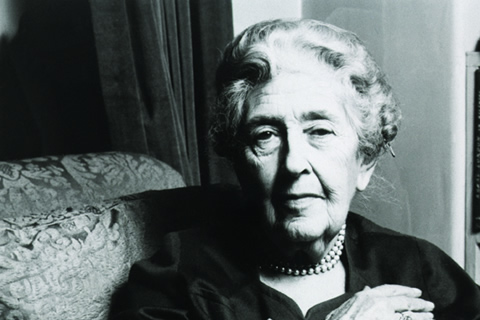A move by New College to offer first-year students smaller, more hands-on learning experiences has received a big financial boost from one of its alumni.
Last September, the college launched New ONE, a group of interdisciplinary courses that will be delivered in seminars for up to 25 students each. They are part of the University of Toronto’s ONE programs, which aim to help new arts and science students more effectively make the transition to university. Already offered in different variations at other St. George colleges and at U of T Mississauga and U of T Scarborough, the courses build critical thinking and writing skills, relationships with peers and professors, intellectual independence and creative imagination.
The financial boost came in the form of a $2-million endowment, half of which was donated by Richard Rooney (BA 1977 NEW), chair of the New College campaign cabinet. “I came from a really small town of less than 500 people, so I can’t say I was thrilled as a student about sitting in large lectures,” says Rooney, the president and chief investment officer of Burgundy Asset Management and a longtime New College supporter. “I think it’s wise to be experimenting with intimate classroom experiences, particularly for new students.”
The three full-credit courses that are part of this year’s New ONE program are on topics suited to hands-on learning: Food Matters covers alternative food systems, biotechnology, animal rights, and health and wellness; Travelling Words: Language and Diversity is about how migration affects language use; and Digital Technology: Promise and Perils covers the impact of new media on modern life. A fourth course to be introduced next year, called Art, Culture and Community Building, will look at how Toronto’s diverse communities use art to build identity and a place for themselves.
Course curricula are rooted in New College’s focus on social advocacy, and feature a Learning without Borders theme – students in all three courses engage with each other, and with senior students and community organizations. Experiential learning takes place through field trips to such places as Kensington Market and the Regent Park Arts and Cultural Centre.
“Students coming from high school where the teacher knew their name now face huge classes, and they can get quite lost,” says Linzi Manicom, the program co-ordinator. “This kind of experience is foundational to them forming relationships with other students and faculty, and building their capacity to learn and solve problems that come up in academics.”






